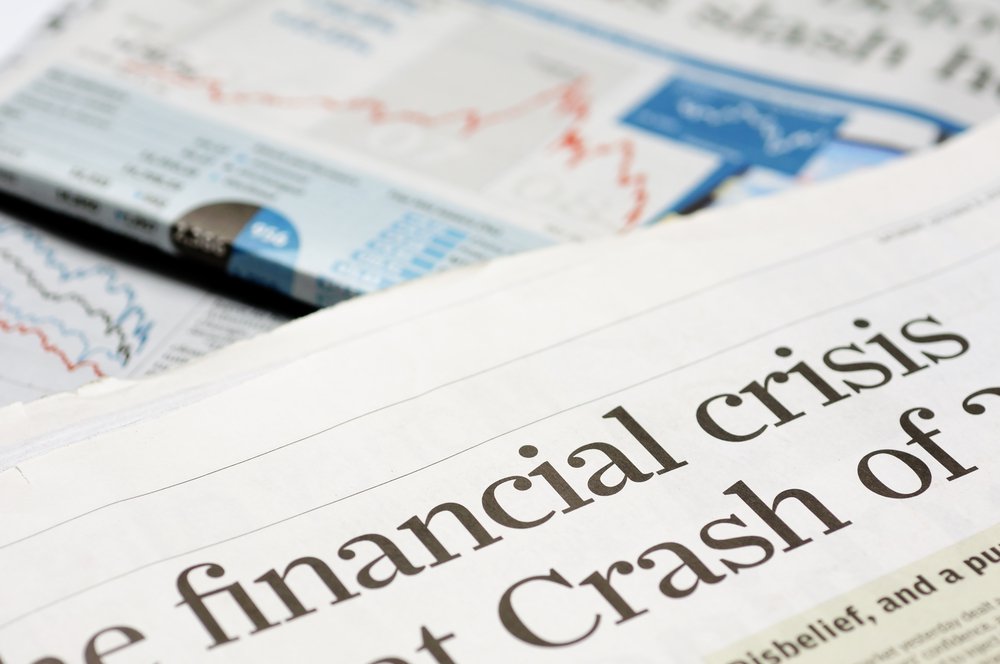ABSTRACT: From the wars in Vietnam and Iraq to the Arab Spring, recent history is full of examples of how media outlets interact with government processes to shape public opinion and constrain the practical avenues policymakers may take in domestic and international affairs. The recent European financial crisis cedes a unique opportunity to study both how media commentary is formulated and the effects it has on the policy choices of governments in international economic affairs. This work, through analysis of original data drawn from case studies of six media outlets in two countries over the course of the recent sovereign debt crisis, seeks to contribute to the field an understanding of the role that such outlets play in influencing popular perception of international issues during times of crisis. With reference to the literature on the press in political and foreign policy affairs, it is found that outlets are incentivised to inflate particular national or international components of reported affairs based on different economic states of affair. These findings have significant implications for the formulation of policy in the future, particularly in the European Union, where continuing integration of political and economic processes requires a delicate balance of emphasis on international prosperity and sovereign interests.
KEYWORDS: Media, Public Opinion, European Union, Sovereign Debt Crisis, Economic Stability


